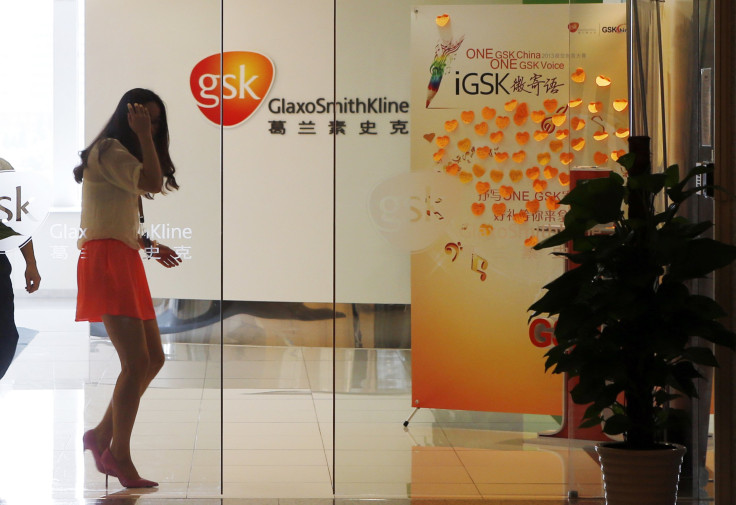Why Big Pharma Companies Don't Care What You Think About Their Scandals In China

U.S. drugmaker Eli Lilly & Co. (NYSE:LLY) is “deeply concerned” about bribery accusations levied in a Shanghai newspaper on Thursday. GlaxoSmithKline PLC (NYSE:GSK), Britain’s pharmaceutical Goliath, is scrambling to resolve a bribery scandal in China that has already seen four executives arrested this month. Baxter International Inc. (NYSE:BAX) admitted three weeks ago to expense violations at a Chinese joint venture.
But don’t expect any public relations offensive from Western pharmaceutical giants in China.
Frankly, says crisis control expert Jonathan Bernstein, they don’t really care.
“Certain industries that inherently have a bad reputation with the general public and rouse suspicions with regulatory industries and, depending on whether they’re getting money from them or not, certain politicians,” Bernstein told International Business Times on Friday. “Pharmaceuticals have always been up there with big oil and big tobacco.”
Knowing public scrutiny will do little to affect the demand for their products, he said he expects big drug companies in China that have not faced any recent charges -- including Pfizer Inc. (NYSE:PFE) and Johnson & Johnson (NYSE:JNJ) -- to be preparing tersely worded legal statements.
“They are strictly concerned, in my opinion, with their legal threat and not their reputation threat,” said Bernstein, who runs Bernstein Crisis Management Inc. “It’s a very different type of messaging.”
Bernstein said he does not work with pharmaceutical companies or any other industry that makes you “question the morals of ethics of it” such as tobacco, oil and fossil-fuel energy companies or politicians.
“The major players have had a reputation for putting profits before safety and health, that’s the general public perception,” he said. “At the same time, they also take the attitude of, ‘why should we worry about it a whole lot? If people need drugs, they’re going to buy them anyhow.’”
© Copyright IBTimes 2024. All rights reserved.












